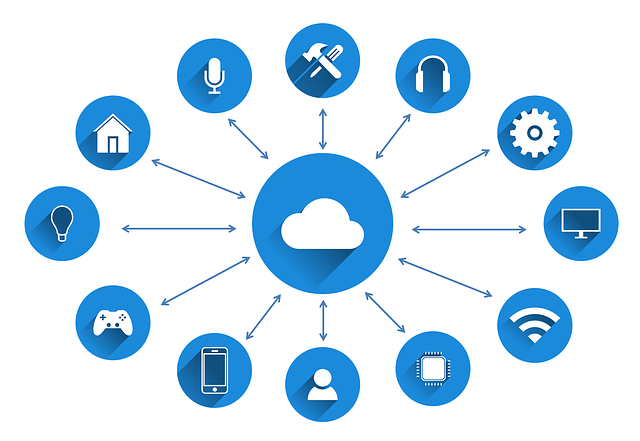AI in business
Writen by Kyra Fenech • 24th November 2022
Artificial intelligence is being used to help businesses across all sectors optimise and automate business processes. Artificial intelligence can be found in many different use cases across industries of all varieties, including the healthcare industry, sales, HR, operations, manufacturing, marketing, and technology. Commonly discussed use cases for AI include self-driving cars and other autonomous technology, the internet of things (IoT), medical diagnosis, robotic assistance in manufacturing, contactless shopping, job candidate selection, and so much more. The possibilities for business are truly boundless. AI has become a behind-the-scenes player to help businesses enhance efficiency, streamline workflows and increase productivity. Thanks to its versatility, people could educate here on specific types and uses to facilitate and improve the business operations from many industries. These types include Automation, Data Analysis, and Natural Language Processing, among others.
By deploying the right AI technology, your business may gain the ability to save time and money by optimising routine tasks. It allows businesses to make faster business decisions based on outputs from cognitive technologies, and avoid mistakes and 'human error'.
Now that we have outlined some of the key benefits of using AI in business, let's deal with specific examples.
An example of AI in business is automatically recommending product B to every customer who bought product A, based on the preferences of other customers. AI is allowing retailers to identify relationships between the items that people buy. It is also allowing retailers to discover groups of similar customers based on the smallest variations among customers within each group using mathematical models and cluster analysis. AI can improve the customer experience on a website through intelligent personalization. With this tool, marketers may use AI technology to gain more insight into their target consumers. Artificial intelligence allows for the development of automated and precise sales predictions based on all client interactions and previous sales outcomes. Forecasts are a good example. They are difficult, but they may be automated.
Machine Learning models are not a “develop once and use forever” type of project. Data is ever-changing, trends oscillate, everything keeps changing after your model is deployed. The two main approaches to update models are:
- Use the old model as the starting point and retrain it.
- Keep the existing model and combine its output with a new model.
Machine learning models deployed in production support scalability, thanks to cloud infrastructure. These models are quite flexible for future changes and feedback. Machine Learning models have the inherent capability to handle more data and scale in production.
This document outlines different techniques and approaches used to implement such AI models in business.


